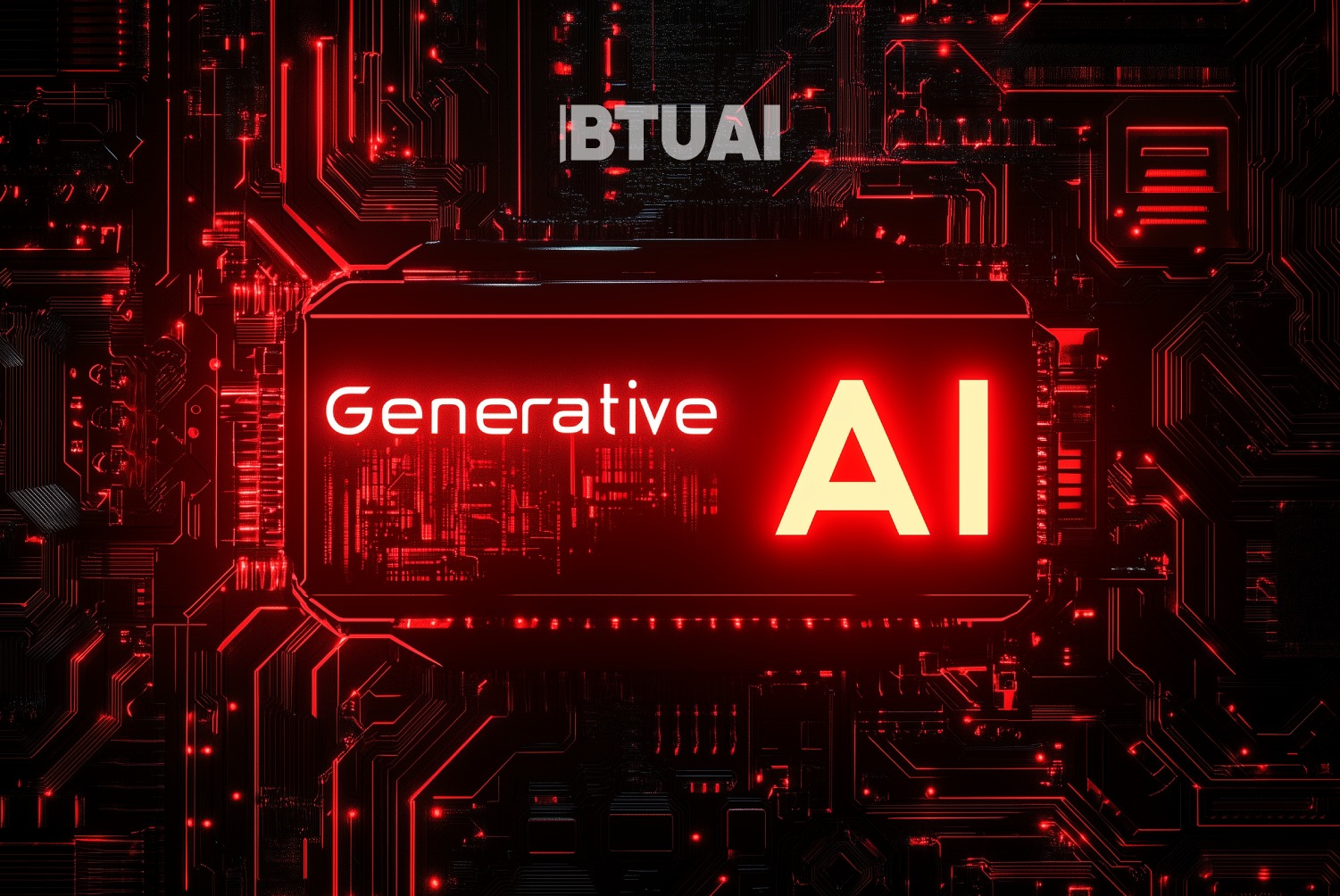How to Learn Generative AI: A Practical Guide for Beginners in Georgia
Generative artificial intelligence is one of the most dynamic and influential technologies in the modern digital world. Mastering it

Generative artificial intelligence is one of the most dynamic and influential technologies in the modern digital world. Mastering it is not only relevant for programmers – anyone interested in text generation, image creation, or business process automation can start learning. But how? How can one study GenAI in a simple yet effective way?
One of the best ways to learn AI is through direct usage. OpenAI’s ChatGPT, Google Gemini, Meta’s Llama, and other GenAI models are easy to use and do not require technical knowledge. Start with experiments: ask questions, generate texts, play with parameters, and observe how AI responds to different prompts. Additionally, proper prompting is crucial. The quality of generative models’ results largely depends on how well and how precisely the prompt is formulated. General or vague prompts yield weak results, while clearly structured and contextually rich prompts provide more accurate and useful answers.
For those who want to dive deeper, understanding how generative AI works is beneficial. Fundamental concepts such as neural networks, transformer models, and large language models (LLMs) help users grasp the capabilities and limitations of AI. Online courses designed for both beginners and advanced learners can be useful. Recommended resources include “AI for Everyone” on Coursera, “Prompt Engineering for AI” by DeepLearning.AI, and “Practical Deep Learning for Coders” by Fast.ai.
Additionally, GenAI is constantly evolving, with new models emerging daily. Engaging with AI-related communities can be highly beneficial. Platforms like Reddit’s r/ArtificialIntelligence, AI-themed Discord servers, the Hugging Face community, and X (formerly Twitter) provide access to insights from experienced professionals and researchers.
Many users tend to forget that AI can make mistakes and spread misinformation. It is always essential to verify results and maintain critical thinking, especially when relying on AI-generated content for important decisions.
When using generative AI in Georgia, it is generally better to write prompts in English but request the output in Georgian. This approach improves accuracy and ensures better contextual understanding. However, in most cases, it is preferable for AI to generate text directly in Georgian rather than translating it, as automatic translations often introduce more errors, particularly in complex or specialized texts.
According to BTU’s October 2024 research on generative AI users in Georgia, 82% of users were learning independently through online resources. Practical experience and AI applications in the workplace were a learning method for 55% of users, while only 15% relied on advice from friends or colleagues. Training sessions and other educational activities were significantly less common, indicating that GenAI learning in Georgia is primarily based on self-education and hands-on practice.
You can find the full report BTU’s October 2024 research here.




